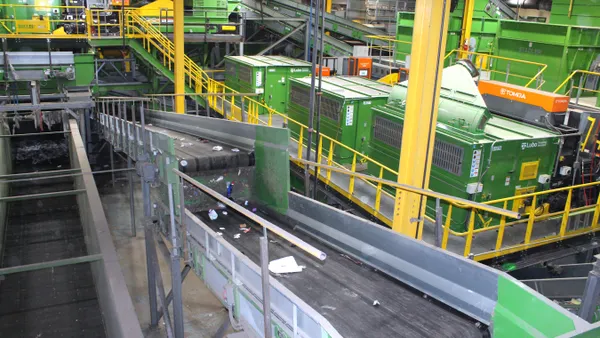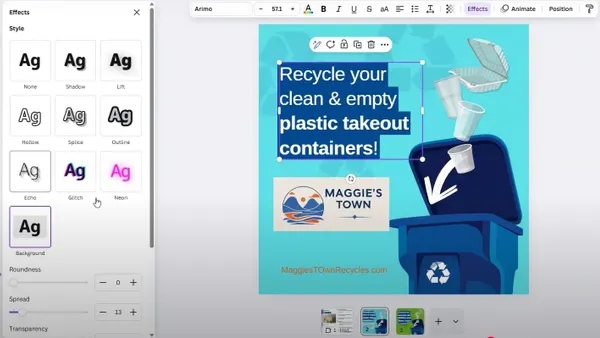Dive Brief:
- The Boston Recycling Coalition (BRC) and city officials convened at a state-funded zero waste summit on April 4 in an effort to encourage more area residents to recycle, promote collection of food scraps, cut dependency on waste-to-energy incineration plants, and see more materials reused in the city.
- The summit also examined other cities' work in moving toward zero waste systems, including San Francisco, Austin, and Los Angeles. Officials heard specific zero waste ideas for its own region from Cambridge, Somerville, Brookline, Quincy, Lynn, Lawrence, and Chelsea, according to the Dorchester Reporter.
- A $24,000 Department of Environmental Protection grant will support follow-up meetings on the topic in May and June, after which a proposed zero waste plan will be written for the mayor’s consideration. Summit organizers hope to see city funds appropriated in the next budget to develop a thorough plan.
Dive Insight:
Boston lags woefully behind the nation in recycling, but BRC members believe with more education and green jobs, people could begin to realize there’s profit in trash and change their behaviors.
"We're looking at a paradigm shift," said Susan Cascino, the city’s recycling director, as reported in the Dorchester Reporter. "Trash is a linear process in this country."
Holly Elmore, founder and CEO of Elemental Impact, has expressed before how important education is when working toward this goal.
"You need to cultivate a culture," she told Waste Dive. "That culture has to come from the top management down in the case of large organizations. In the community it has to start with the mayor and city council …There should be green team leaders or sustainability leaders who have zero waste responsibilities written in their job descriptions."
BRC member Cooperative Energy, Recycling and Organics (CERO) has exemplified how this culture of embracing trash can resonate. The commercial composter is run by worker-owners who make twice the minimum wage and receive benefits to collect food waste citywide. Other BRC members are already conceptualizing zero waste system strategies, from composting businesses, to textile recycling for old clothes, to centers for handling e-waste.
The city has a way to go if it chooses to aim for zero waste by 2040, but it is not alone. Santa Cruz, CA is also considering a road to zero waste, while New York City has been pushing the goal through mandates and various initiatives.









